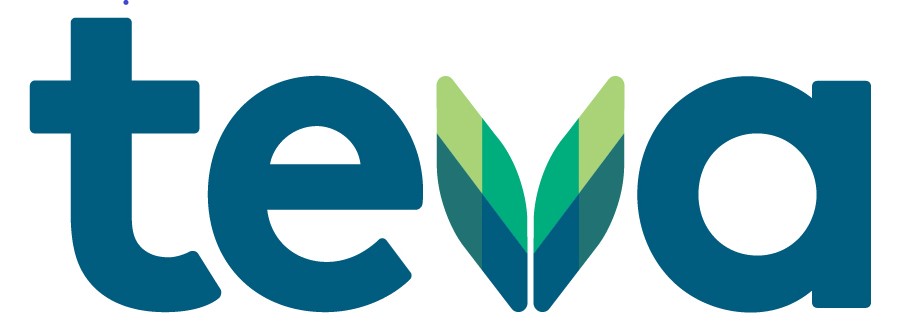If there’s one month that rheumatology practices should acknowledge, it’s September. That’s because this month was named Rheumatic Disease Awareness Month (RDAM) by the American College of Rheumatology. The goal? Raising awareness of rheumatic diseases helps people better understand the conditions that fall under this umbrella and show how living with these diseases impacts people’s lives.
According to Simple Tasks, Rheumatic diseases are painful autoimmune and inflammatory diseases that cause the immune system to attack a person’s joints, muscles, bones, and/or organs. Rheumatoid arthritis, osteoarthritis, lupus, Sjogren’s syndrome, gout, scleroderma, and psoriatic arthritis are the most commonly known. Chances are, if you don’t have a rheumatic disease, you know somebody who does. More than 54 million American adults – one in four – have been diagnosed with one.
Those stats mean it’s time to take action and get involved. We encourage all NORM members to get their patients and practices involved. To help you do that, we’ve put some four ways you can make this Rheumatic Disease Awareness Month the most successful one yet. Keep reading to find out how to help and raise awareness in your community and at your practice!
Use the official hashtags on social media to support Rheumatic Disease Awareness Month.
The American College of Rheumatology has chosen a hashtag for their various RDAM campaigns; the hashtag is #RDAM. When your practice, patients, or physicians post about Rheumatic Disease Awareness Month, they can use these hashtags to reach more people and connect with others who have rheumatic diseases.
They can also click on the hashtags and see what others are posting, sharing, and discussing. Think of it as a not-so-secret handshake, helping social media users find one another and build community.
Write a blog post for your practice’s website.
We love awareness holidays at NORM, because it gives us an opportunity to educate our community. The best way to raise awareness about this month is by talking about it, writing about it, and sharing useful information about it with your community.
A great way to do this is by writing a blog post or press release about RDAM and publishing it on your website, a newsletter, or in the local paper. Include information and useful resources, and keep the tone upbeat and positive.
Host a community event at your practice to raise awareness for Rheumatic Disease Awareness Month.
While you can host events anywhere, having one in your office is a great way to invite the community into your space and reach out to people who may not be patients yet. Serve refreshments, play music, and ask one of your physicians to say a few words about the advances in rheumatic care.
This is a social event, but it’s also an educational opportunity and a great way to raise awareness.
[National Arthritis Awareness Month is coming in May. Click here to prepare!]
Encourage people to become patient advocates.
People who live with rheumatic diseases are often at the whim of policy decisions from those in power. Advocate for the best possible care by contacting your representatives and letting them know how their choices affect you and your loved ones.
Call them on the phone, send them an email, or attend a town hall. This is a great way to make your voice heard and positively influence the people who make decisions that affect all of us.
We hope these ideas help you raise awareness about rheumatic diseases and have a successful RDAM. For more information and ideas, download the free toolkit from Simple Tasks.
Tags: medical office management, medical offices, national organization of rheumatology managers, office management, office managers, Rheumatic Disease Awareness Month, rheumatologists, rheumatology, social media for rheumatology, tips for office managers Posted by











